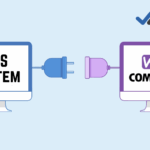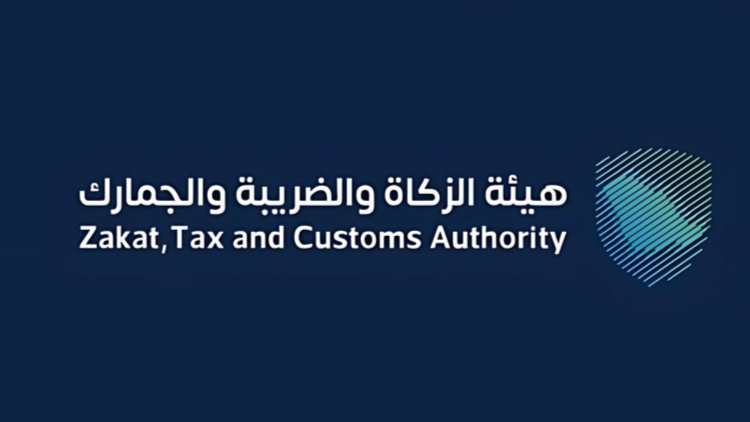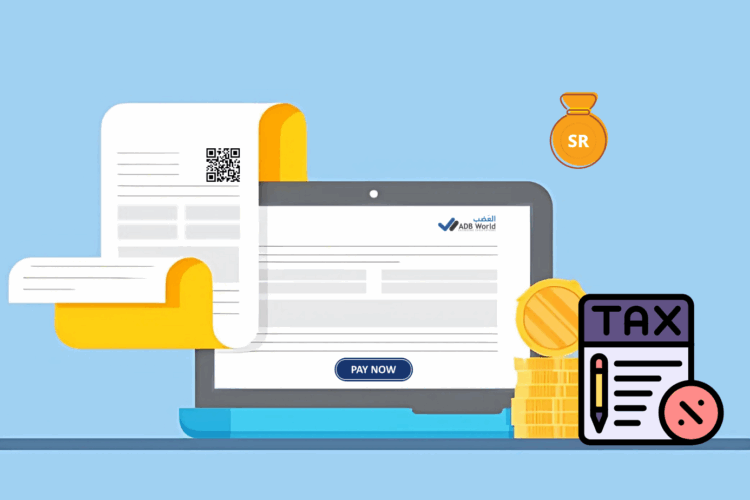
Saudi Arabia (KSA) implemented the first phase of e-invoicing by the Zakat, Taxes and Customs Authority (ZATCA) on 4 December 2021. The first Phase of the e-invoicing applies to all resident taxpayers except non-residents for VAT purposes.
ZATCA has planned to implement the second phase of e-invoicing in waves in Saudi Arabia. Businesses with a turnover exceeding SAR 3 billion in 2021 have been notified to integrate with the Fatoora portal starting from January 1, 2023. ZATCA has also announced the following waves under phase 2:
December 23, 2022 ZATCA announced that businesses in KSA with a turnover exceeding SAR 500 million but less than SAR 3 billion fall under the second targeted group or wave 2 of phase 2 of e-invoicing. These businesses are required to integrate their ERP/POS systems with ZATCA’s Fatoora portal starting from July 1, 2023.
March 24, 2023 ZATCA announced the third wave under phase 2 of Saudi Arabia e-invoicing. According to the announcement, businesses with a VAT turnover between SAR 250 million and SAR 500 million during 2021 or 2022 are included in wave 3 of … … … phase 2. These businesses are required to integrate their ERP/POS systems with ZATCA’s Fatoora portal starting from October 1, 2023.
April 28, 2023 ZATCA announced the fourth wave under phase 2 of Saudi Arabia e-invoicing. According to the announcement, KSA VAT-registered businesses with a turnover between SAR 150 million and SAR 250 million during 2021 or 2022 are included in wave 4 of phase 2. These businesses are required to integrate their ERP/POS systems with ZATCA’s Fatoora portal starting from November 1, 2023.
May 26, 2023 ZATCA announced the fifth wave under phase 2 of e-invoicing in Saudi Arabia. According to the announcement, businesses registered under KSA VAT with a turnover exceeding SAR 100 million during 2021 or 2022 are included in wave 5 of the integration phase of e-invoicing. These businesses are required to integrate their ERP/POS systems with the Fatoora portal starting from December 1, 2023.
June 16, 2023, ZATCA announced the sixth wave under phase 2 of Saudi e-invoicing. According to the notification, businesses registered under KSA VAT with a turnover exceeding SAR 70 million during 2021 or 2022 are included in wave 6 of phase 2. These businesses are required to integrate their ERP/POS systems with ZATCA’s Fatoora portal starting from January 1, 2024.
July 28, 2023 ZATCA announced the seventh wave under phase 2 of Saudi e-invoicing. According to the notification, businesses registered for VAT with a turnover exceeding SAR 50 million during 2021 or 2022 are included in wave 7 of phase 2. These businesses are required to integrate their ERP/POS systems with ZATCA’s Fatoora portal starting from February 1, 2024.
August 23, 2023, ZATCA announced the eighth wave under phase 2 of Saudi e-invoicing. This wave applies to KSA businesses registered under VAT with a turnover exceeding SAR 40 million in 2021 or 2022. These businesses are required to integrate their ERP/POS systems with ZATCA’s Fatoora portal starting from March 1, 2024.
Impact of e-invoicing on the invoicing process
Electronic invoicing in Saudi Arabia will greatly impact how the invoices are written, stored and sent to the buyer/recipient. Research shows that sending money electronically can reduce expenses by more than 70% compared to paper money. Additionally, when using e-invoices, businesses spend only 10% of manual invoice processing time.
The Impact of E-Invoicing on Tax Reporting in KSA
In the current tax reporting system, taxpayers ‘e-file’ the returns using a standardized electronic form for filing Value Added Tax (VAT) returns. They also follow the “e-contract” in which they use a standardized electronic to send information to the ZATCA portal.
However, the implementation of e-invoicing brings about a significant shift in the tax reporting structure, causing a disruption in data management and processing. Using the e-invoice system to facilitate “e-matching,” ZATCA can instantly match information across taxes, taxpayers, and regions in real time.
Additionally, through “e-Audit”, ZATCA is able to check and verify the information submitted in tax returns and issue electronic assessments to taxpayers with a time limit for responses. Further, ZATCA can use the ‘e-assess’ function to assess tax liability without submitting tax forms, offering a specific time limit for taxpayers to check the tax calculated by the government.
The benefits of e-invoicing in tax reporting are:
• Instant VAT reporting and monitoring
• ZATCA can quickly check tax returns
• Businesses can completely reduce their tax risks
• Fast and hassle-free VAT refund
Benefits of Saudi Arabia e-invoicing for businesses
e-Invoicing brings many benefits to businesses in Saudi Arabia. Some of the benefits of e-invoicing to businesses include:
• Reduces billing and shipping costs
• Increases efficiency and improves accuracy
• Eliminates human error
• Reduces the number of rejected invoices
• Improves financial management
• Improves enhanced reconciliation
• Focusing on activities has a good effect







נערות ליווי בצפון
November 15, 2023I was very happy to discover this web site. I want to to thank you for your time for this wonderful read!! I definitely really liked every part of it and i also have you book marked to look at new information on your blog.